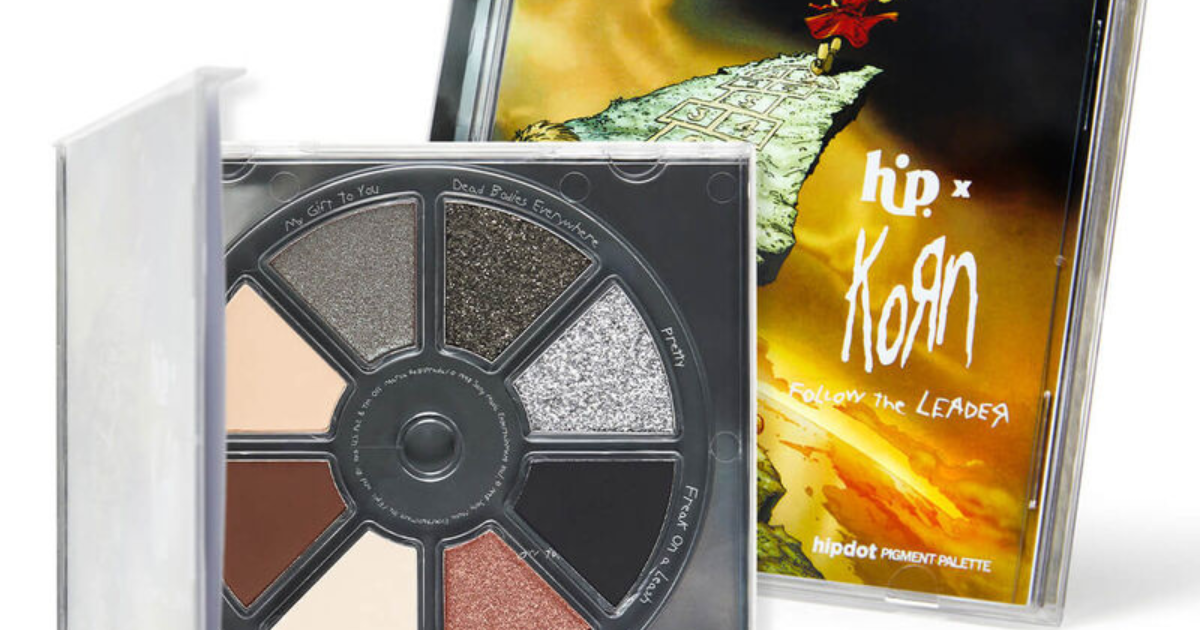Beauty Brand Collabs Taking on New Complexion

The makeup of beauty brand collaborations is showing signs of changing.
While many of the pairings remain limited-time offers designed as much for social media-driven brand exposure as securing shelf space, others are longer-term deals carrying multiple collections.
Crayola, for example, licensed Sally Hansen for nail polish and other products several years ago that totaled four collections. But that was after it had a short-term (four-six weeks) run with Clinique for moisturizing lip balm. The beauty brand Morphe, whose parent Forma recently emerged from bankruptcy, released a limited-time collaboration with TikTok star Meredith Duxbury but flipped the script on its earlier strategy in being more product- and less influencer-focused.
“These high-level influencers wanted to partner with Morphe because Morphe was actually a special brand itself,” said Doug Jacob, co-founder of &Vest, which acquired Forma. “What ended up happening is we became the influencer as opposed to the brand developing what its core values are, which is why we are stepping back. We are still leveraged like every other beauty brand, but Morphe itself deserves to stand on its own.”
The value of collaborations increasingly is found in licensing deals that run a year or more rather than for weeks or months, licensing industry executives said. Funko, for example, acquired makeup supplier HipDot earlier this year to help build out its Loungefly bags and backpacks business. With it came HipDot’s licensing agreement with the bands Korn and My Chemical Romance, as well as SpongeBob SquarePants. In June, HipDot brought Loungfly into the cosmetics business for the first time by launching a collection with actress Jenna Ortega and the Wednesday streaming series. And Mad Beauty recently launched bath, body, and beauty products—including sheet masks and bath fizzers—across Warner Bros. Discovery and Disney brands.
“Makeup is an incredibly saturated category and becoming an expert in this field is not easy, which is why it made sense to partner with HipDot, as they already had a rabid fanbase and deep knowledge in this space,” said Dolly Ahluwalia, SVP of licensing and emerging brands at Funko.
The range of collaborations and licensed products will eventually give way to platforms from which multiple items can be introduced, licensing executives said. Those platforms will focus on the longer-term agreements intended to help turn a profit rather than quick sales hit.
“We started making these agreements for the noise and then shifted to noise and money,” said Warren Schorr, SVP Business Development, Global Licensing, and Experiences at Crayola. “Then we moved to having them be long term enough to be like a licensing agreement in that you to make ongoing money and more activations than just one. This must evolve because it is taking too much time and not yielding enough benefits in general. Brands who may have done collabs in the past will move to create platforms for them because then you can go to retailers and say, ‘here is a point of differentiation’ and you can bring a whole program.”
In a category saturated with brands, separating from the pack in beauty will be key with licensing some of the elements to do so.
“The beauty industry has demonstrated several years of robust growth, tied to the status-lifestyle nature of brands, breakthrough innovation, and digital/social viral marketing,” said Ashley Helgans, an equity analyst at Jefferies. “Indie beauty brands with clear strategies/value are taking share from legacy brands in mass channels. And trend participation can be agnostic of income levels.”




